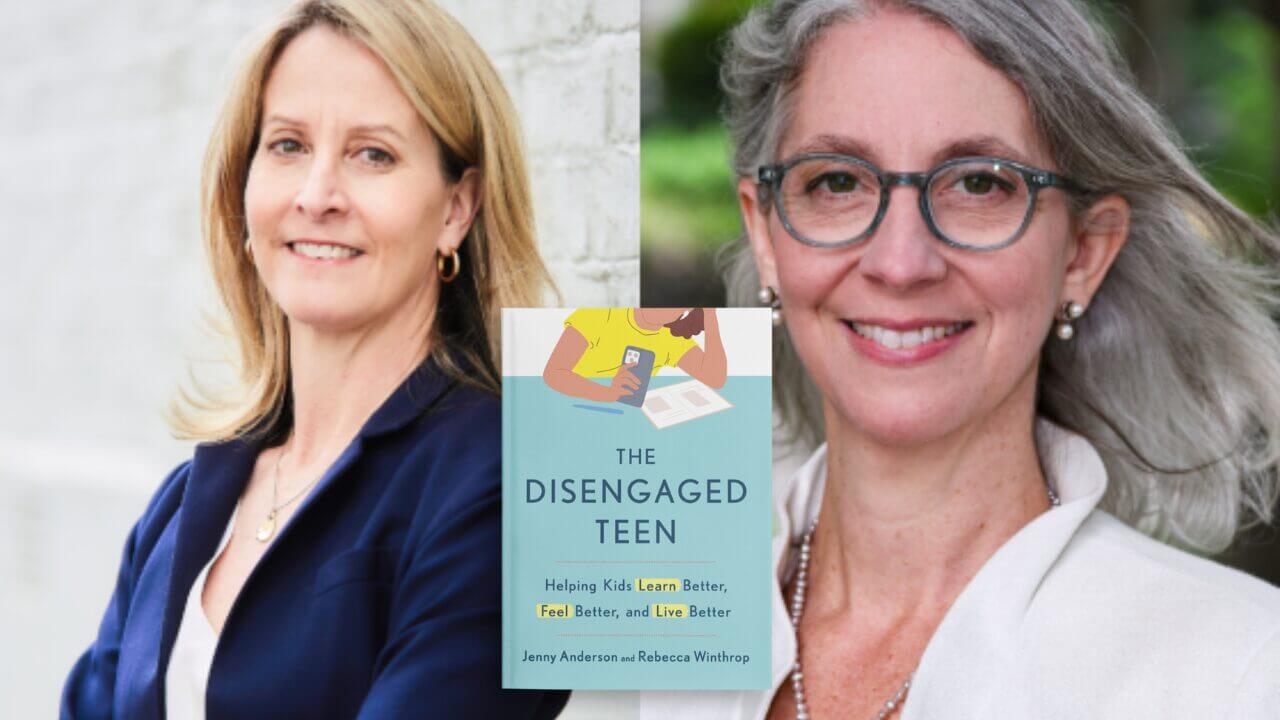The Power of States: April 2024 Carnegie Foundation Newsletter

Below is Carnegie President Timothy Knowles’s opening to our April 2024 newsletter. Join our mailing list for additional resources and recommended reads.
Dear Friends and Colleagues,
At a time when our nation often seems so divided, consensus on anything can feel frequently out of reach, especially in discussions about education. However, if you look closely at some of the policies and practices enacted by schools, systems and states across the country, you will see remarkable unanimity about at least one thing: what we want for young people. The more I talk with educators around the country, the more I am convinced that there is an invisible American consensus on the core purposes of schooling, rooted around students developing both academic competencies and essential skills.
You can see this phenomenon in the “portraits of a graduate” sweeping the country. Over the last few years, parents, educators, leaders, and students across the nation have collaborated to create these portraits as a way to lift up local communities’ aspirations for the skills and dispositions that young people will possess upon graduating from high school. When you analyze these portraits across a variety of characteristics – rural, urban and suburban; race, class, language; red, blue and purple states – it is clear that Americans want the same things for young people. We want young people to learn to be critical and creative thinkers, to be good collaborators and strong communicators. We want them to persevere in the face of challenges, to be civically engaged, to be digitally literate and to learn to lead. The good news is these skills are undergirded by persuasive evidence. Students who cultivate essential skills like these have better academic outcomes, higher levels of educational attainment, better health, greater earnings, and participate more in community and civic life.
From New Hampshire’s Learn Everywhere law to Indiana’s new diploma requirements, a growing number of states are making systemic leaps to make good on their promise to prepare young people for the future by enacting laws, policies, and practices that promote and strengthen competency-based, durable skills. This is at the heart of why the Carnegie Foundation and ETS have partnered with a group of states, through our Skills for the Future Initiative. States are working directly with our teams—and a variety of local stakeholders, including students, parents, educators, civil rights organizations, and employers—to co-create a new kind of ‘signaling’ system, designed to provide actionable insights to support millions more young people develop both academic and essential skills.
And this is just the start. There is much more we can do to ensure young people develop the skills and competencies that parents, educators, business and community leaders know they need to thrive. I invite you to read an article I co-authored about the role of state leaders in education transformation with XQ Institute CEO and high school redesign champion, Russlynn Ali. Through collaborative partnerships and shared leadership, we can ensure that our high schools nurture the potential of every learner and empower communities in states across the country to shape their futures.

In partnership,
Timothy Knowles
President, Carnegie Foundation for the Advancement of Teaching
April 24, 2024
Please join us in congratulating Edit Khachatryan, senior associate of Networked Improvement Science at Carnegie Foundation. She has contributed to the publication Catalytic Improvement Communities: Cultivating Flourishing Schools, by Johnathan Eckert and Bradley Carpenter.
May 6, 2024
We’re thrilled to introduce the 2024 Global Leadership Program Cohort — a group of thirteen African Leadership University students tackling their nation’s greatest challenges. Now in its third year, the Global Leadership Program will run from from May 6 to June 5, 2024. Participating ALU students will spend three weeks in…







